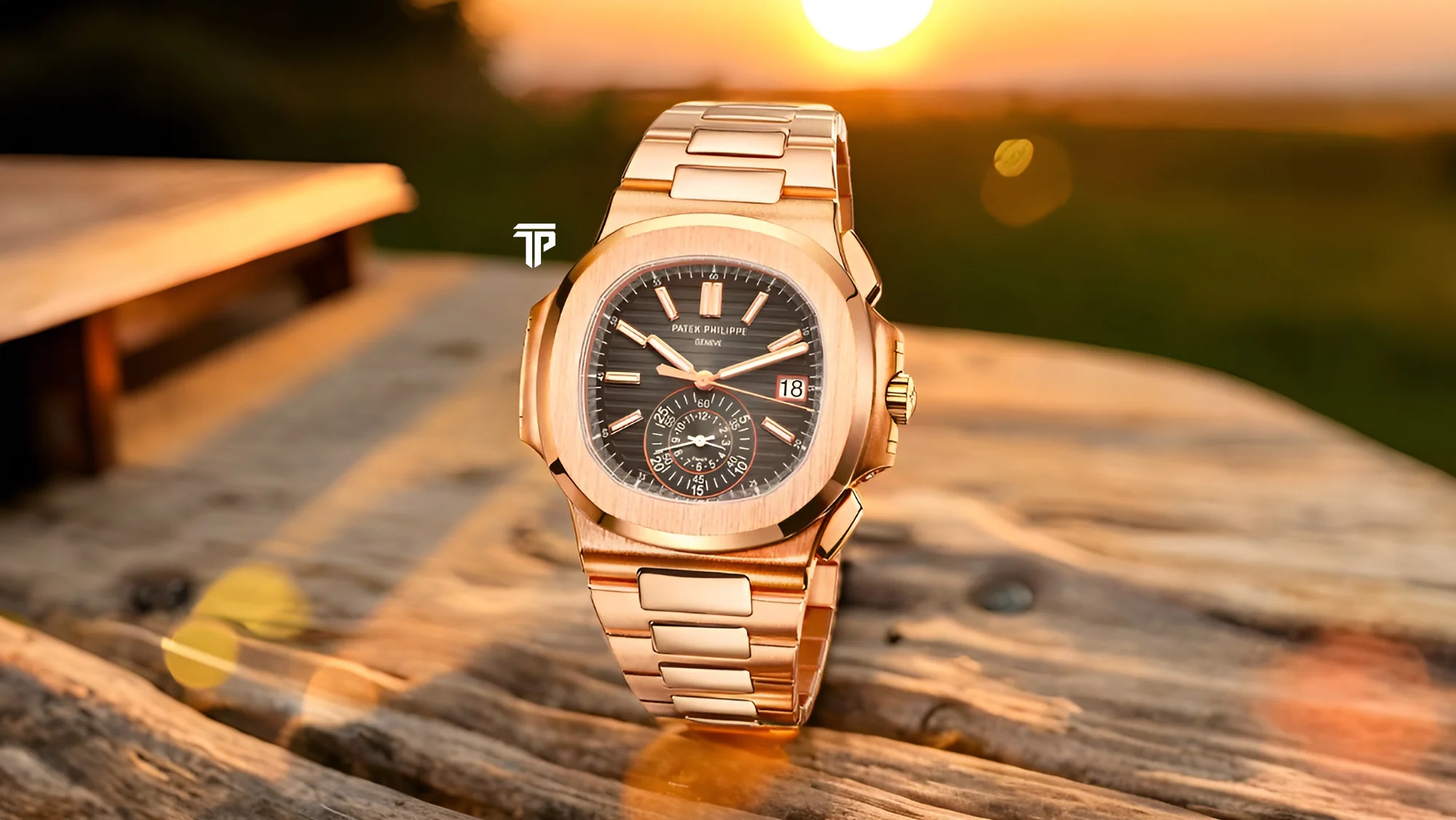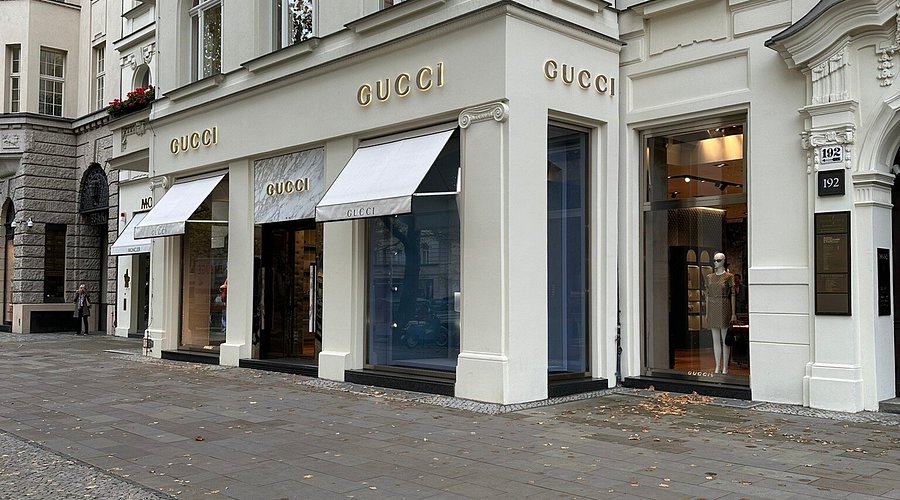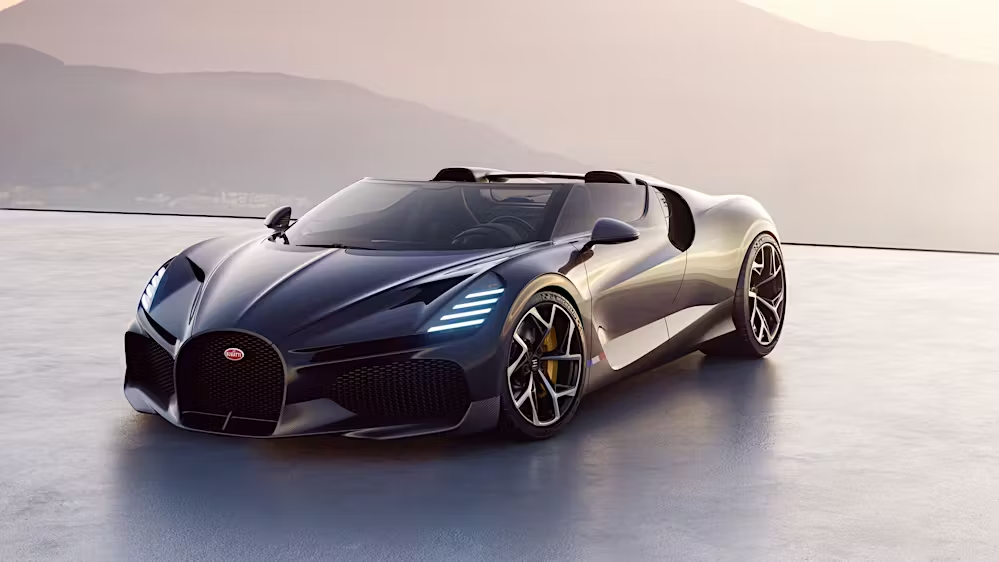Billionaires Trade Trophy Cars for Rare Vineyard Estates in Southern Europe
By
John Carter
Last updated:
October 2, 2025
First Published:
October 2, 2025
.webp)
Photo: New Atlas
For decades, the supercar has been one of the most visible symbols of wealth. Limited edition Ferraris, Lamborghinis, and Bugattis were often purchased not only for performance but as assets that signaled status. Recently, however, a quiet shift is reshaping the way ultra-wealthy individuals define prestige. Instead of pouring millions into trophy cars that depreciate with time, a growing number of billionaires are redirecting their money into vineyard estates across Southern Europe.
A change in priorities among the elite
The trend is not driven by a sudden disinterest in automotive marvels but rather a reimagining of what luxury ownership means. Cars, no matter how rare, are tied to fleeting moments of glamour. A vineyard, in contrast, offers legacy, artistry, and long-term growth. It combines lifestyle pleasure with asset appreciation, giving the owner both cultural presence and financial resilience.
The allure of Southern Europe
Regions such as Tuscany in Italy, Provence in France, and the Douro Valley in Portugal are attracting attention. These areas carry centuries of winemaking tradition, landscapes that inspire artists, and climates ideal for viticulture. Owning a vineyard estate here is not just about producing wine but about joining a heritage of refinement that outlives trends.
More than an investment
For billionaires, the purchase of a vineyard is often more than a financial decision. It is a statement of identity. Instead of chasing horsepower, they are now chasing authenticity and craftsmanship. A vineyard becomes a physical manifestation of taste, patience, and influence. It allows owners to shape something enduring, unlike a car that sits in a private garage.
A cultural currency
Wine has always been linked to culture, tradition, and celebration. By owning vineyards, billionaires are gaining a cultural currency that cars cannot provide. A rare bottle produced under their estate name has the power to enter social circles in a way that a limited-edition car never could. It is a quiet influence, woven into experiences at private dinners and global gatherings.
Sustainability as a new marker of wealth
Modern wealth is increasingly tied to responsibility and image. Vineyard estates allow billionaires to align with sustainability by investing in organic farming, ecological preservation, and heritage protection. This alignment projects not only wealth but values, an important dimension in an era where public perception shapes influence.
The economic edge
While cars often depreciate the moment they leave the showroom, vineyards offer the possibility of consistent returns. Global demand for premium wines continues to rise, and estates in Southern Europe hold an unmatched reputation. A well-managed vineyard can generate revenues while also appreciating in value, making it a dual-purpose investment that combines passion with profit.
Shaping personal narratives
Beyond returns, vineyard ownership gives billionaires a story that can be told across generations. Their name becomes tied to labels, vintages, and estates that will remain long after they are gone. This personal narrative has more weight in elite circles than simply owning a collection of exotic cars.
A symbol of permanence
Supercars may capture fleeting admiration, but vineyards symbolize permanence. They are rooted in land, heritage, and seasons, reminding the owner of something greater than speed. In a world where wealth is increasingly digital and intangible, owning physical estates with historical weight represents stability and authenticity.
The quiet luxury revolution
This movement away from trophy cars toward vineyard estates is part of a larger quiet luxury revolution. Billionaires are no longer chasing the loudest forms of status but are seeking possessions that whisper influence rather than shout it. In this world, the estate, the soil, and the wine carry more meaning than any roaring engine ever could.
Subscribe to unlock premium content
Sed at tellus, pharetra lacus, aenean risus non nisl ultricies commodo diam aliquet arcu enim eu leo porttitor habitasse adipiscing porttitor varius ultricies facilisis viverra lacus neque.
A comprehensive guide on Agile development

10 Productivity tools that are worth checking out

Top 7 Must have management tools for productivity

A comprehensive guide on Agile development

10 Productivity tools that are worth checking out

A comprehensive guide on Agile development









